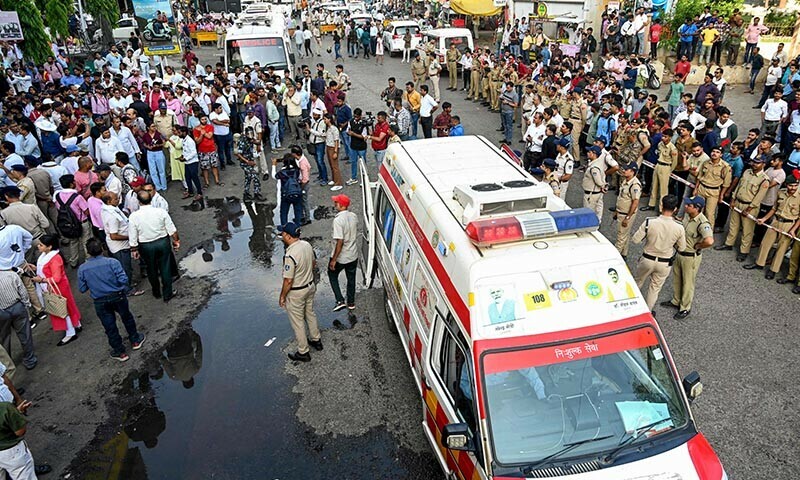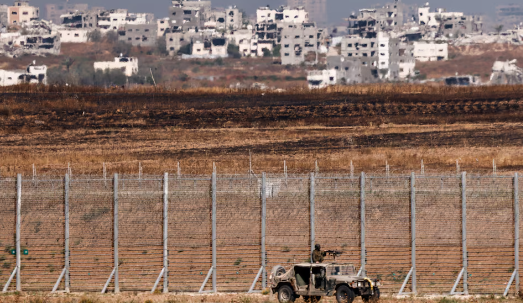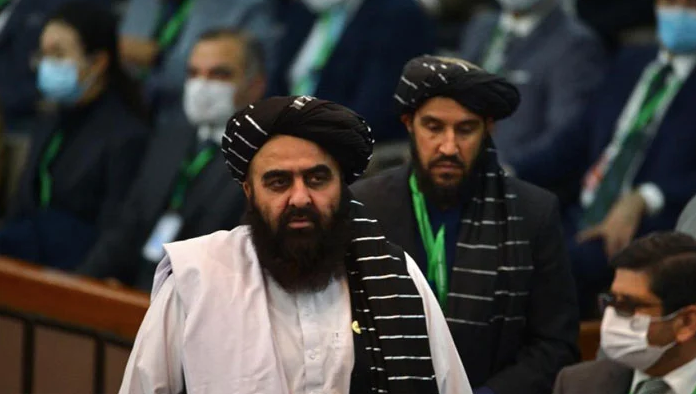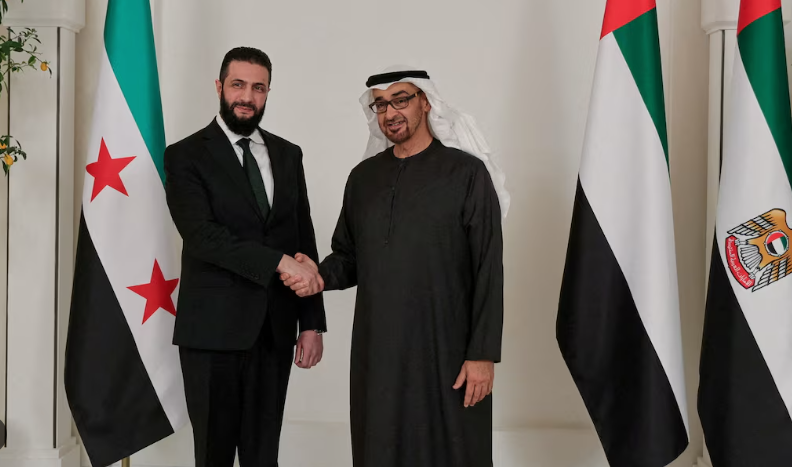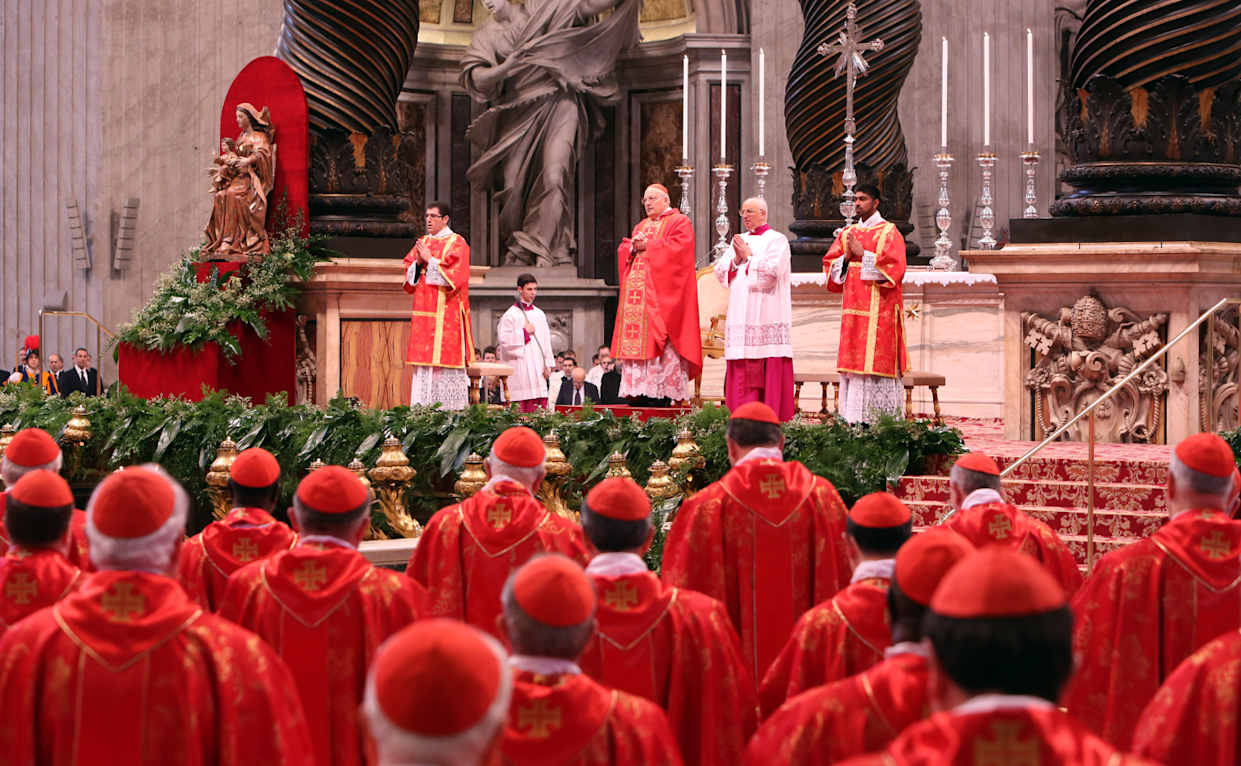WORLD NEWS
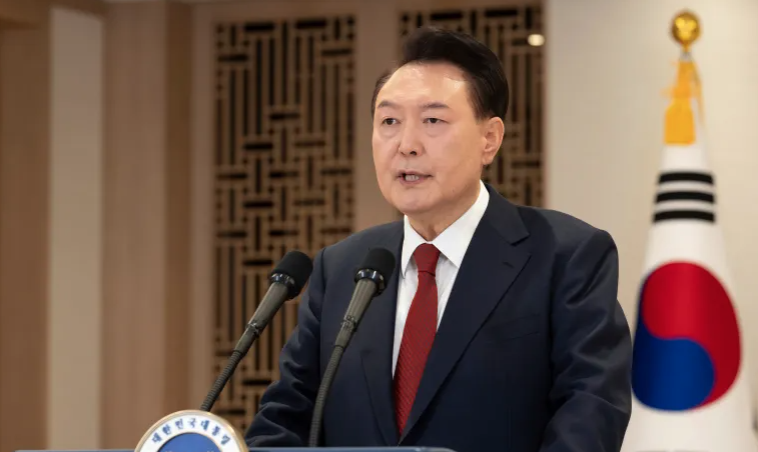
South Korea's Corruption Investigation Office for High-Ranking Officials (CIO) has been granted an extension for the arrest warrant issued against impeached President Yoon Suk-yeol. The warrant, which had been set to expire on Monday, was extended following a failed attempt by investigators to arrest Yoon last week. The court's decision to extend the warrant marks a continued pursuit of the former president, who is under investigation for charges of “insurrection” related to his controversial martial law decree issued in December 2023.
The CIO, which is a relatively young agency established less than four years ago, confirmed the extension but did not disclose how long the warrant would remain valid. The agency’s initial attempt to arrest Yoon on Friday was blocked after a tense standoff between investigators and the Presidential Security Service, which lasted more than five hours. The confrontation occurred at Yoon’s residence in Seoul, where dozens of anticorruption officers and assisting police had gathered to execute the warrant.
The Impeachment Crisis Deepens
Yoon's failed martial law decree, issued on December 3, 2023, had ignited South Korea's most severe political crisis in decades, triggering widespread public outrage and the impeachment of the president. The decree, seen as an overreach of executive power, threatened to destabilize the country and was swiftly rejected by the courts. Since then, Yoon has been under investigation for insurrection, a crime that could lead to a prison sentence or even the death penalty if he is convicted.
The decision to pursue an arrest warrant for the impeached president marks a dramatic escalation in the crisis. If Yoon were to be arrested and convicted, he would become the first sitting South Korean president to be arrested, a landmark event in the country’s political history. However, his legal team has vehemently opposed the warrant, labeling it as “unlawful” and “illegal,” arguing that the CIO does not have the authority to investigate charges of insurrection, as the crime is not on its list of prosecutable offences.
Tensions Escalate Outside Yoon’s Residence
The situation around Yoon’s residence has become increasingly tense, with both supporters and detractors converging outside. In a show of solidarity, hundreds of Yoon’s supporters have gathered outside the presidential residence, braving freezing temperatures in order to protect him from arrest. On Monday, lawmakers from Yoon’s People Power Party appeared at the scene, blocking roads in an attempt to prevent further action by the investigators.
Despite the heightened tensions, the CIO has not yet made another attempt to arrest Yoon, awaiting the next phase in their legal process. The standoff continues as both political and public pressures mount.
CIO Chief Apologizes for Failed Arrest Attempt
CIO chief Oh Dong-woon addressed the failed arrest attempt during a session at the National Assembly on Tuesday, offering a public apology for the agency's inability to execute the warrant. "I must express my sincere apologies to the public for the failure to execute the arrest warrant due to the security measures taken by the Presidential Security Service," said Oh. He acknowledged the difficulties faced by the CIO, which operates with a limited staff of fewer than 100 personnel.
The CIO, though a relatively new body, has yet to successfully prosecute a case, which raises questions about its ability to handle such a high-profile investigation. The agency’s credibility is now on the line as it seeks to press forward with the case against one of South Korea’s most prominent political figures.
Legal and Political Implications
Yoon’s legal defense team has vowed to challenge the extension of the arrest warrant. Their arguments center on the assertion that the CIO does not have the legal jurisdiction to investigate crimes such as insurrection, as this type of offense is outside the scope of its remit. They have also promised to take further legal action against the investigators, accusing them of overstepping their authority and conducting politically motivated actions.
While the outcome of the ongoing investigation remains uncertain, the crisis surrounding Yoon’s impeachment and potential arrest is far from over. The future of South Korean politics hangs in the balance, with widespread ramifications for the country's leadership and its institutions.
Conclusion: A Nation on Edge
South Korea’s political landscape has been thrown into turmoil by the ongoing investigation into President Yoon Suk-yeol. The extension of the arrest warrant marks a critical juncture in the process, as the country waits to see whether the former president will be taken into custody. The crisis underscores the deep divisions within South Korean politics and raises broader questions about the balance of power, legal authority, and political stability in the country.
As the tensions continue to mount, South Korea’s leadership and legal institutions face a pivotal moment that will shape the nation’s future trajectory.
